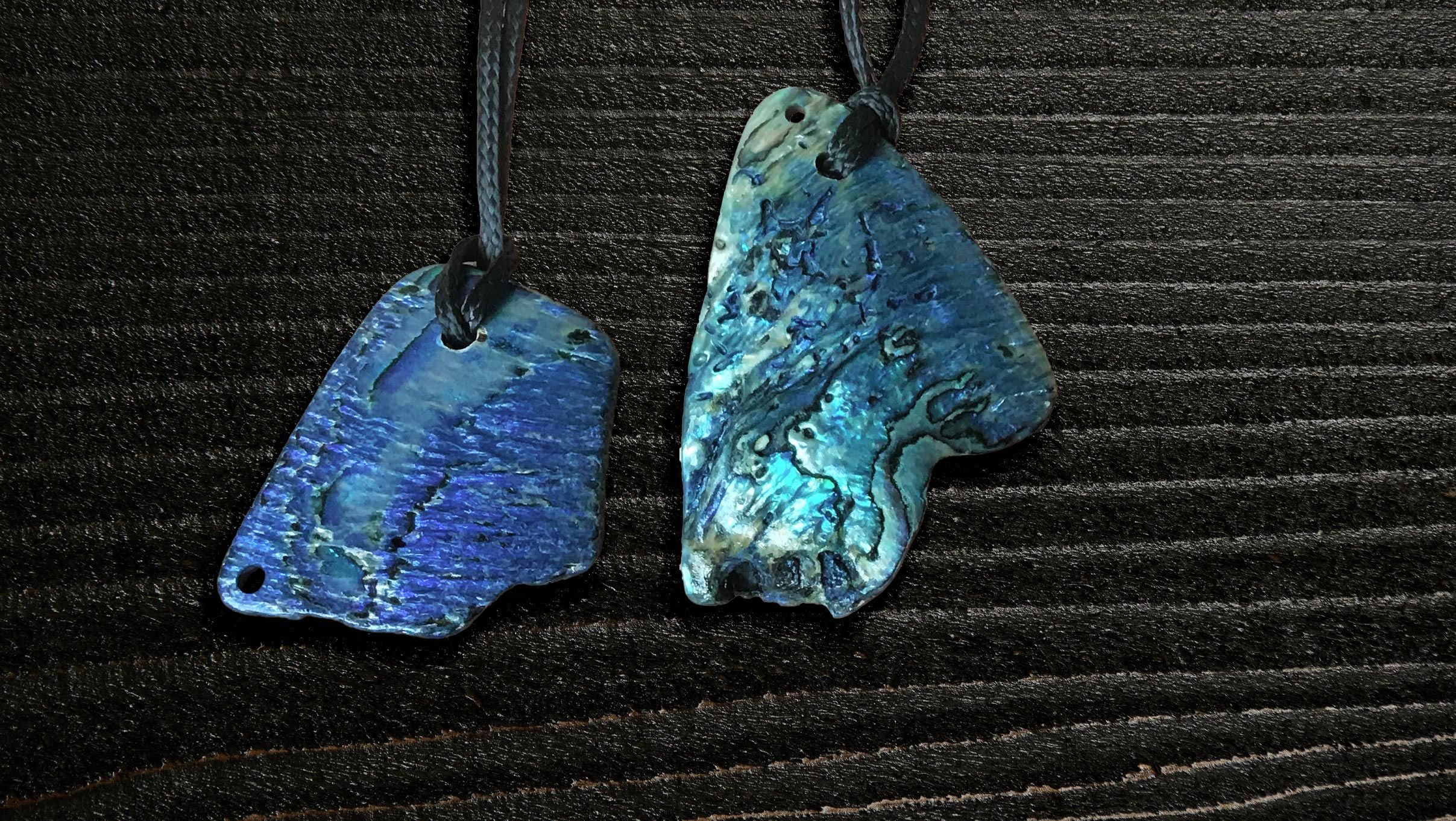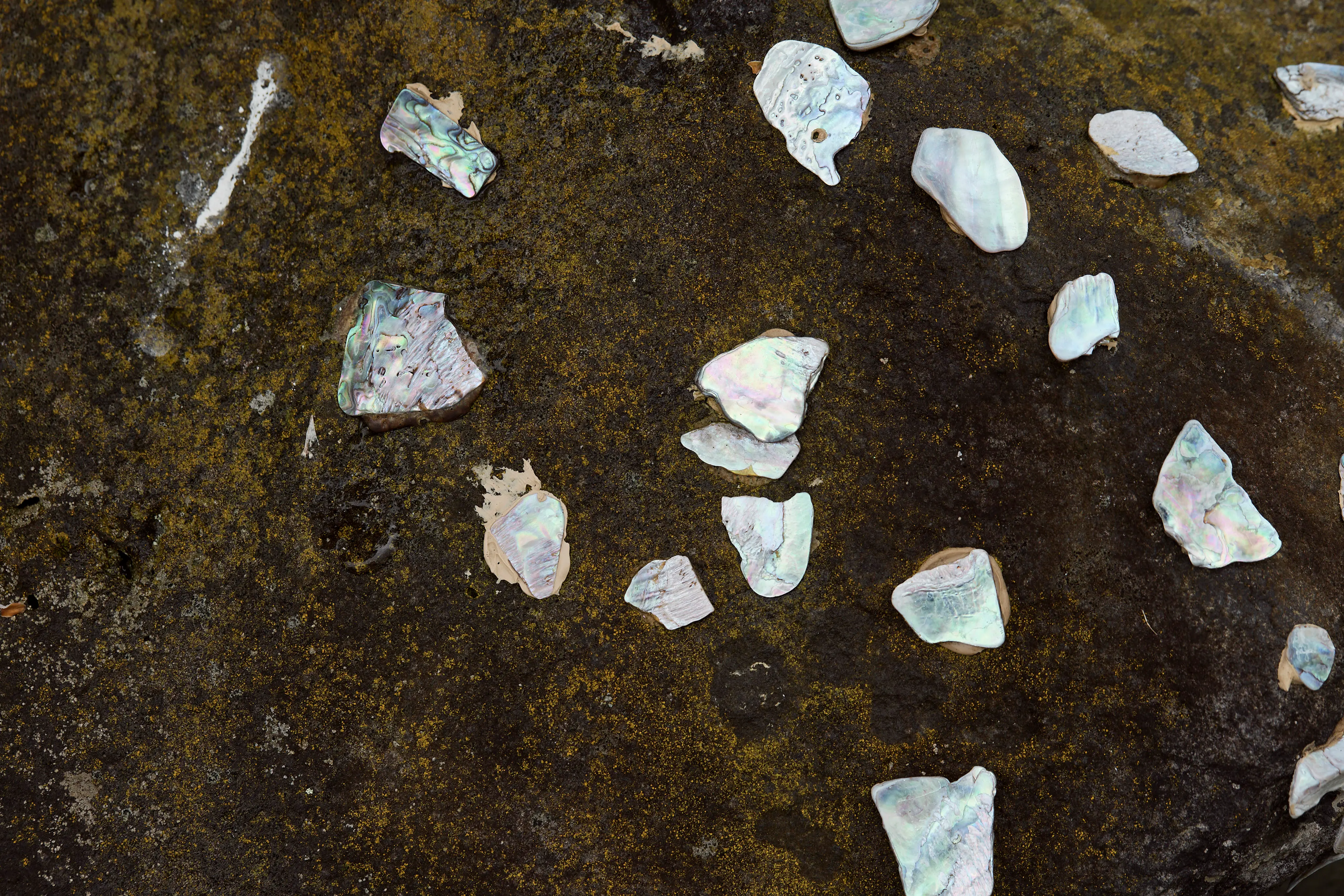“I’d done everything you could possibly do in the drug world, but I was done.”
After nearly two decades of methamphetamine use, abusive relationships, and parenting while surviving, Daisy hit her lowest point: no power, no food, no nappies, and her children removed from her care. “I rang OT [Organa Tamariki] and said, I need help . . . That was the lowest I’ve ever been.” By the time Daisy arrived at Higher Ground, she was exhausted. Three kids in care, pregnant with a fourth, two weeks sober from daily methamphetamine use, and trying to break free from a violent relationship.
Higher Ground’s Te Whare Taonga mothers and babies programme offered more than sobriety, it offered a reset. “It was the first time I’d been clean in like, 20 years,” she said. “I hadn’t showered every day, brushed my teeth, slept in a bed. The routine? That was the hardest part, but it saved me.” In a place without sugar, caffeine, or chaos, she began healing.
“After eight weeks, I started to talk. I started to realise how out of control my life was. I needed a reset.”
Group therapy cracked open her armour. “I had a breakdown talking about how hard it had been parenting my daughter with special needs. I cried, just let it all out." And I think that was the first time I'd ever admitted that out loud to people. And people didn’t judge me. That’s when I felt relief and that I can open up.” Through Te Whare Taonga, she learned to reflect, forgive, and build a new foundation. “I realised I wasn’t exaggerating. It really had been that hard.”
Te Whare Taonga also equipped her with tools for lasting change. “I changed my number, changed my email. I did all that while I was in Te Whare Taonga, and I made the internal decision that I can't try and be friends with everyone from my past because everyone from my past was either using still, a drug dealer or making drugs.” She credits her survival to that clean break and to post-treatment support. “I became a home host. I did nine months [at Te Whare Taonga’s aftercare]. It gave me responsibilities. It got me ready.”

Now, Daisy is sober, studying psychology, parenting her youngest, co-parenting her twins, and reconnecting with her eldest. “Every day at 5 p.m., my daughters at the table waiting for dinner. I never had that before. I’m making routines for them now.” She wears a mood ring she purchased during her first week in post-treatment. “I paid $40 for this [ring]. And when I look at it, I'm like, I never would've spent $40 on something . . . only if I was going to be able to use it to get the other money for drugs. And so, it just reminds me that I can actually go out now, and I can have jewellery that's not just left.” Daisy also keeps her paua shell, a graduation gift from Te Whare Taonga, on her shelf. “That’s my symbol. I did it.”
When asked what made Te Whare Taonga different, she’s clear:
“It wasn’t just about substance abuse. It was about parent and child attachment. Milestones, bonding, art, singing, and classes or groups on relationships . . . heaps of informational stuff . . . That’s what made the programme work.”
She’s still working, still healing. “I wanted to stop regretting my past. Now I want to use it as wisdom . . . tell my kids one day that even though I came from a bad past . . . that at least I'll be able to give them wisdom in the future from it.”

